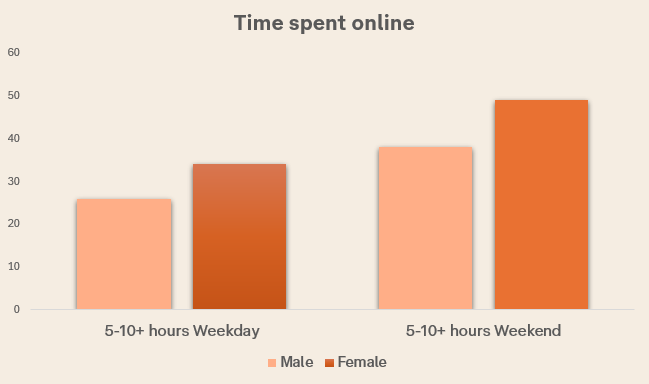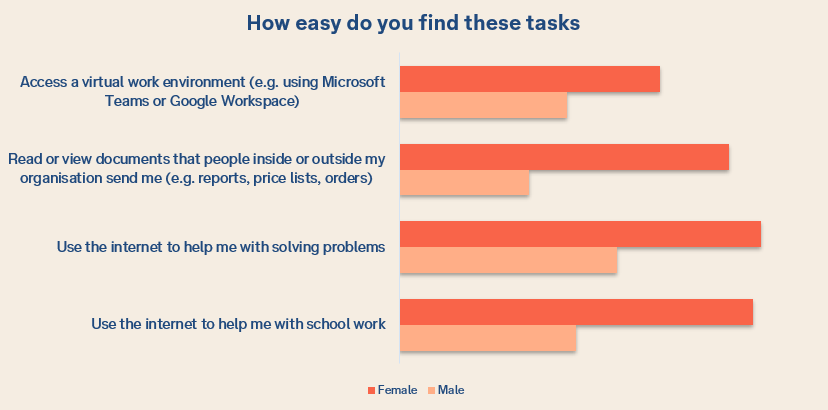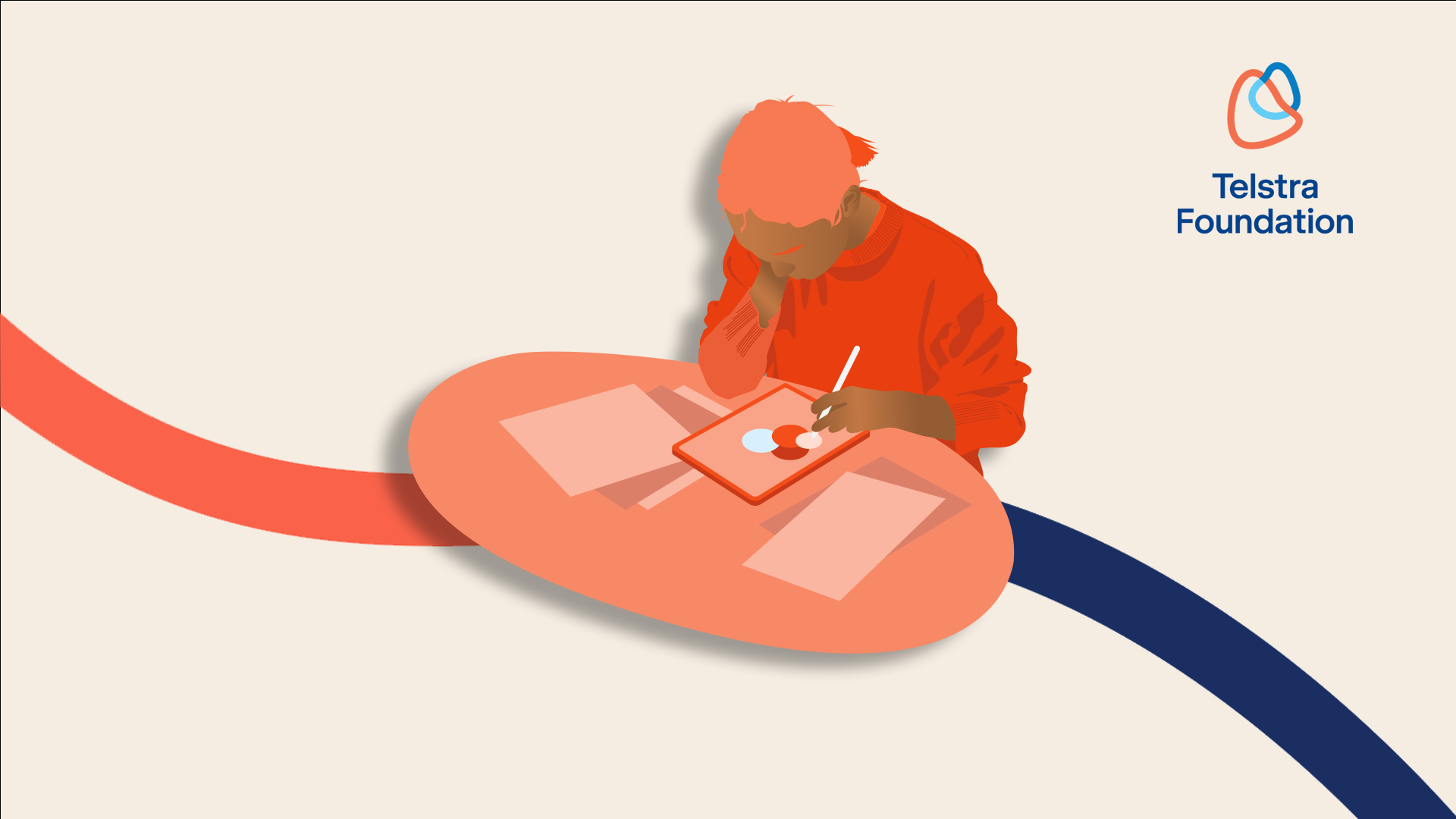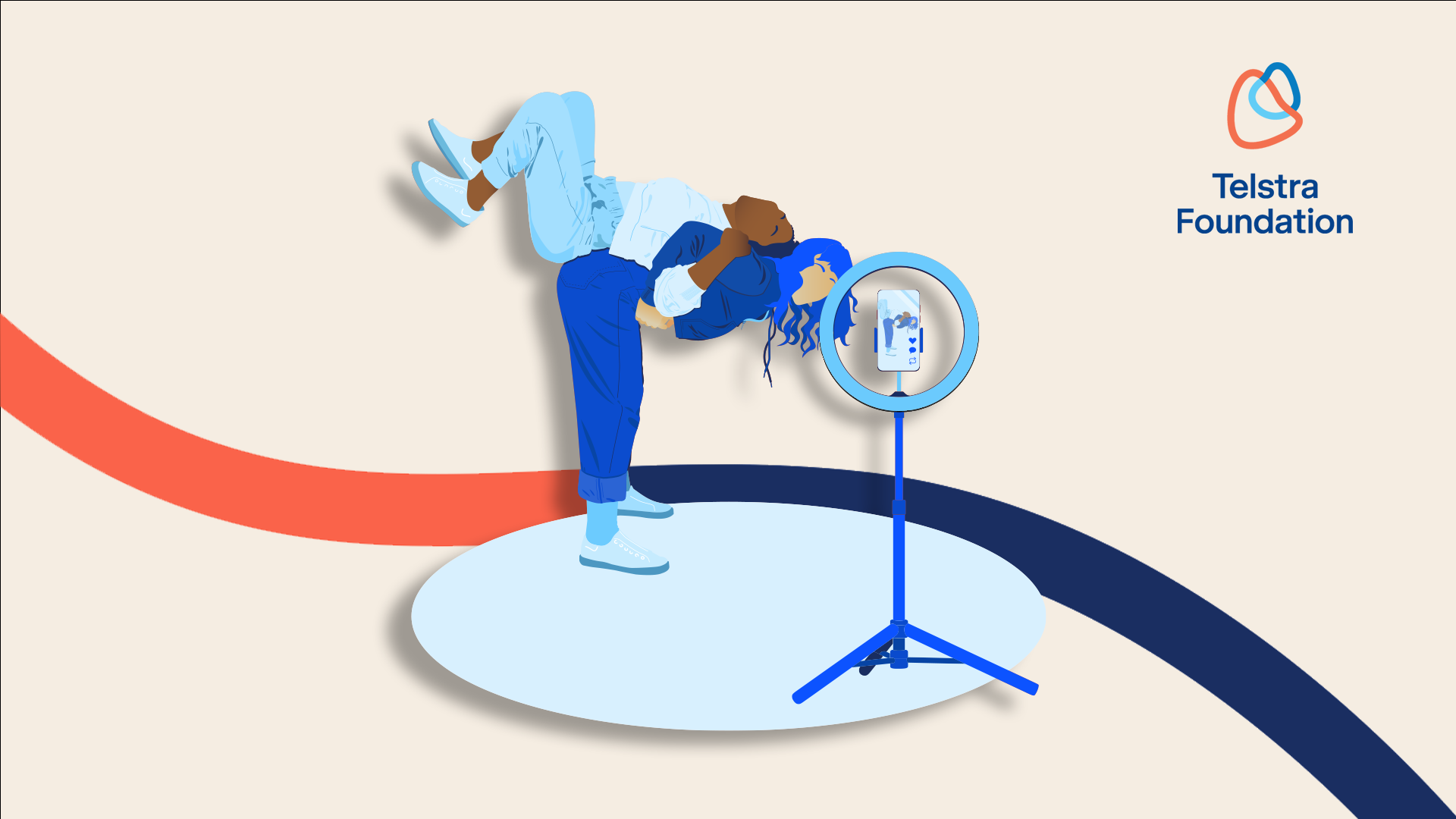- Lisy Kane - Managing Director and Co-founder of Girl Geek Academy
For Evie-Rose (14 years old), her involvement with Girl Geek Academy (GGA) came from a casual recommendation from her game-developer Dad, who could see she was becoming increasingly passionate about the world of technology.
“He told me about the Girl Geek Academy forums, and I thought I’d give them a try,” Evie-Rose says. “That’s when everything took off for me.”
This parental heads-up came from fellow games developer and co-founder of GGA, Lisy Kane, who was at the time sharing a workspace with Evie-Rose’s dad.
Tired of regularly being the only female games developer amongst a sea of men, Kane gathered together her colleagues in tech: Sarah Moran, April Staines and Amanda Watts, and, in 2014, they launched GGA — a social enterprise dedicated to helping women and girls thrive in tech. They’ve been empowering women through education and community-building ever since.
“We wanted to give girls the confidence to really pursue their interest in technology,” Lisy Kane explains. “Their capability is not in doubt, but for some reason, whether it’s societal expectations or the lack of a clear pathway or something else, we noticed that girls weren’t looking to a future in tech in the same way boys might.”
Deep dive into Girl Geek Academy’s submission to the National Diversity in STEM Review highlighting systemic barriers for women and girls in STEM, emphasising the need for cultural change, better role models, and supportive environments. It calls for increased investment in women-led initiatives, gender targets, and enhanced tech education to achieve gender equity in STEM.
Visit: ENOUGH TALK; GIRL GEEK SOLUTIONS FOR ACTION & INVESTMENT IN GENDER EQUITY IN STEM/ TECHNOLOGY. A GIRL GEEK ACADEMY submission to the National Diversity in STEM Review
What the data tells us
The Australian Youth Digital Index confirms that engagement with technology differs between genders.
The data shows that girls spend more time online than boys (Table A), and from a skills perspective, are more likely to find digital tasks easy (Table B). Yet they are much less likely to pursue a career using advanced digital skills. While 67% of boys agree they would like a career using advanced digital skills, 47% of girls agree.
Removing gendered barriers
GGA provides a community for girls to pursue their interest in tech, encouraging them to explore new skills and break down gendered barriers.
“My first experience with Girl Geek Academy were the forums where I made so many friends just from chatting about what we were into,” Evie-Rose says. “We were all passionate about game development, so a group from the forums started making games together on [coding platform] Scratch. It was so much fun, and I felt like I’d finally found my people.”
Finding this community of like-minded peers was pivotal for Evie-Rose. At school, while she had plenty of friends, none shared her deep interest in game development.
“School was fine, but no one was really into the same things as me,” she explains. “Through Girl Geek Academy, I met people who cared about the same stuff. This was huge because it helped me realise that even if friends at school didn’t get it, there are others out there who do.”
As she got more involved, Evie-Rose signed up for several of GGA’s key programs, including Microsoft Mondays — a weekly online event during the pandemic that taught coding, app development, and more.
What's next?
With a number of GGA’s participants either attending or starting high school, Kane and the GGA team spent a great deal of time thinking about what their next program offering could be.
And so the idea for AI High was born. AI High is all about empowering high school girls and gender-diverse students with skills in artificial intelligence and technology while creating a supportive community cheering them on.
The doors to this new program focused on developing AI skills, have only recently swung open. All potential students are encouraged to register their interest.
Evie-Rose feels excited for the generation of girls who will get to explore AI’s capabilities. “It’s amazing to see how Girl Geek Academy keeps evolving,” she says. “I’m going into year 10 next year, so I won’t get as much time with AI High as I would like. But I love knowing that younger students will have these opportunities.”
Evie-Rose describes her own high school experience as being supportive but limited when it comes to AI and tech. “My teachers are great, especially in DigiTech, but the options are really narrow,” she explains. “We mostly do data analysis, which isn’t my thing. I prefer programming and game development.”
GGA has nurtured those interests and Evie-Rose loves that she inadvertently found a community that celebrates creativity. “I’d always wanted to talk to someone about the latest game or work on a project together,” she says.
Now I have that. If I hadn’t joined, I wouldn’t have found my people, I wouldn’t have the same confidence in my passions, and I wouldn’t be on the path I am now. - Evie-Rose
Table A

Table B

Telstra Foundation is supporting GGA to deliver a program to empower high school girls aged 12 to 18 by teaching them tech skills and providing mentorship from women professionals in the industry. Through weekly virtual lessons and industry engagement, the initiative aims to break down barriers and inspire girls to pursue careers in technology.

